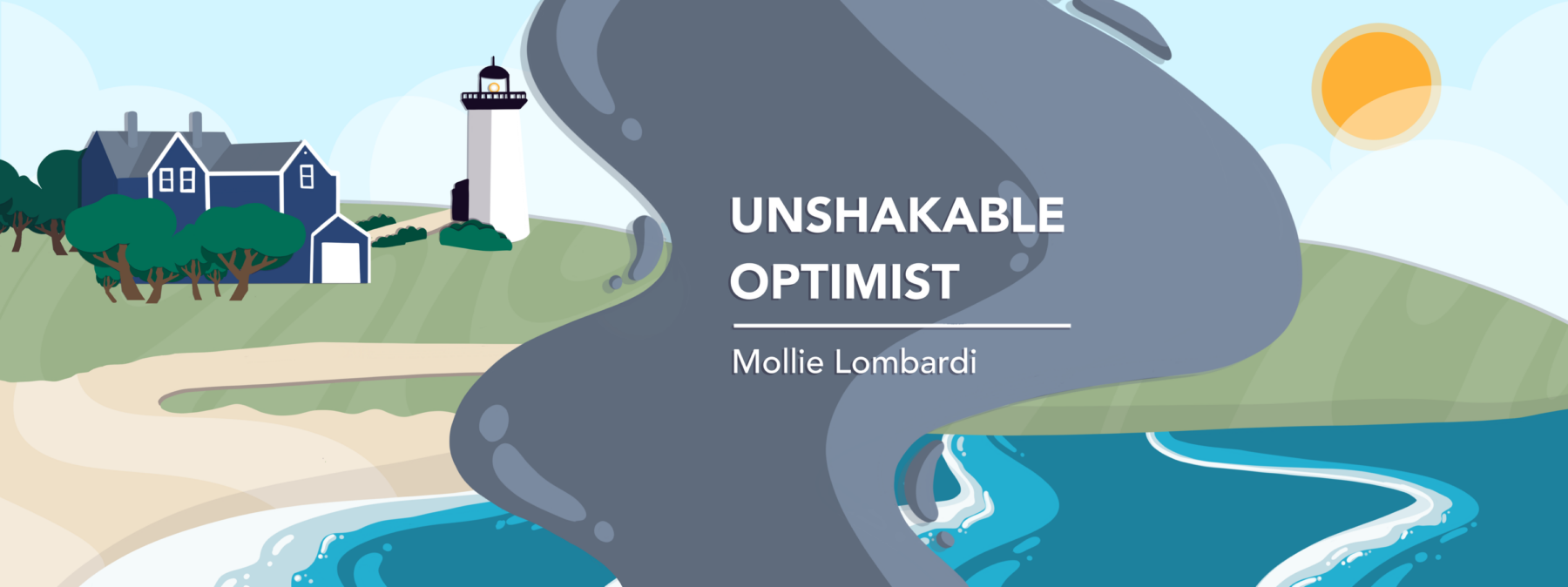Finding the right support is crucial with early-onset Parkinson’s disease
Traditional support groups weren't the right fit for this columnist
Written by |

Being told you have a chronic illness can make you feel different from the rest of the world. And when there’s something unique about that illness or diagnosis, it can make you feel even further from “normal.”
I’ve written about the challenges of finding the right medical care team to treat your body when you have Parkinson’s disease, as I do. However, finding individuals or groups of nonmedical professionals to support you is essential to caring for your soul, especially when you have the early-onset form of the disease.
One of the challenges of early-onset Parkinson’s is the fact that so many people — even those who have the disease or know people who live with it — think of it as something that affects only “old people.” Just 10%-20% of people with Parkinson’s experience early onset, defined as being diagnosed with the disease before age 50. And only 2% are diagnosed before 40. I guess being diagnosed at 36 makes me that much more special!
Support for early-onset Parkinson’s disease
At the time of my diagnosis, I asked about talking to other patients, and a doctor said to me, “Don’t go to a regular support group.” That may sound like strange advice to someone newly diagnosed who may be looking for support, but I soon figured out what he meant.
The first support groups I found online locally were made up of patients and caregivers, mostly in their 60s and 70s. There are wonderful insights to be gained from people with that much life experience and experience with Parkinson’s. However, being in my mid-30s, their daily challenges significantly differed from mine. I was worried about continuing to build my career, and most of them were retired. Those who’d had deep brain stimulation (DBS) surgery had it years before with older technology. And people diagnosed at a young age tend to progress more slowly, so the older patients were at very different stages of the disease than I was.
I didn’t really stick with any of the formal support communities I found. I spent some time in a group for people who’d had or were considering DBS. There was one person under 50 in that group, and seeing people who’d had the surgery did help me decide to pursue it, but it wasn’t exactly the group I needed on an ongoing basis.
Like with my medical team, I knew I had to assemble my own support team. I tend to be an introvert, which may seem strange given that I talk about myself weekly in this column. However, I prefer one-on-one conversations to large groups, so I have found people I resonate with and talk to them individually. It may seem scary to approach a near stranger and ask if you can call them sometime. But I’ll let you in on a secret: They’re just as nervous as you are. And I’ve never once been turned down.
These individuals have been men and women, patients and caregivers, young and old. My support network has changed over time. I’ve lost touch with some people and added others, but these relationships have all been helpful. I’ve even told my neurologist that they can give my number to other patients considering DBS who have questions. Some interactions have been one-off texts, but some have become supportive friendships.
Putting yourself out there can be scary, but not as frightening as facing a chronic disease alone. We all need human connection and support. Reaching out to support someone else can be a great gift — for them and you.
Note: Parkinson’s News Today is strictly a news and information website about the disease. It does not provide medical advice, diagnosis, or treatment. This content is not intended to be a substitute for professional medical advice, diagnosis, or treatment. Always seek the advice of your physician or another qualified health provider with any questions you may have regarding a medical condition. Never disregard professional medical advice or delay in seeking it because of something you have read on this website. The opinions expressed in this column are not those of Parkinson’s News Today or its parent company, Bionews, and are intended to spark discussion about issues pertaining to Parkinson’s disease.




Mary Riga
It is interesting to have a pool of pt's with such an early point disease.The German population apart from meds rely on physiotherapy and retire early.
Gina Rovello-Martinez
It's also hard when you don't fit into either camp... I was diagnosed at 51, am 58 now, and the young-onset groups are always much younger than me. But I definitely don't fit in with the geriatric crowd either. :-(
Mark Basile
Mollie,
Your article is encouraging. I was diagnosed in 2017 at age 46. As a father of 4, trying to advance my career and deal with my diagnosis was horrible. My now ex wife, had no interest in becoming a caregiver at age 40. I work with the public. I received tremendous encouragement and support from strangers. Many of them would stop by where I worked for no other reason than to see how I was doing. The hardest part was opening up to strangers who quickly became friends.
Tammee
Hi - my daughter has just turned 20 and has Parkinsonism. It is so hard to find age-appropriate support or truly understand what is going on and what is going to happen. She seems to be progressing quicker than expected too. Just sucks.
SHARON L KRISCHER
Your doctor is right. Support groups are not for everyone. I invite you to check out Twitchywoman.com. We are a warm,caring community of women with Parkinson's. We offer webinars for women with PD as well as online chat groups and a mentoring program for newly diagnosed women of all ages.